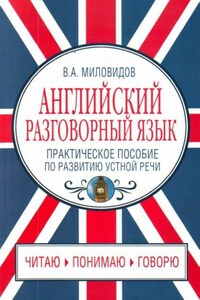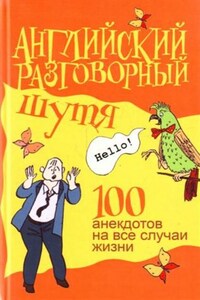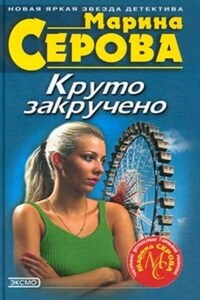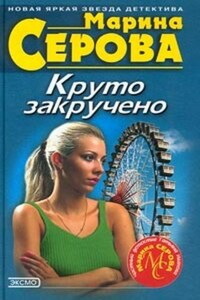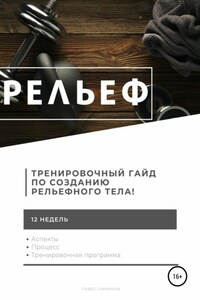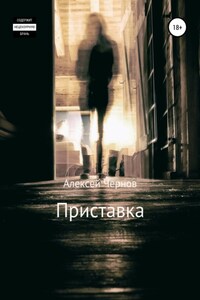Study The World Economic Systems and say what you would do if you had two cows…
Feudalism: You have two cows. Your lord takes some of the milk.
Pure socialism: You have two cows. The government takes them and puts them in a barn with everyone else's cows. You have to take care of all the cows. The government gives you as much milk as you need.
Bureaucratic socialism: You have two cows. The government takes them and puts them in a barn with everyone else's cows. They are cared for by ex-chicken farmers. You have to take care of the chickens the government took from the chicken farmers. The government gives you as much milk and as many eggs as the regulations say you should need.
Fascism: You have two cows. The government takes both, hires you to take care of them, and sells you the milk.
Pure communism: You have two cows. Your neighbours help you take care of them, and you all share the milk.
Russian communism: You have two cows. You have to take care of them, but the government takes all the milk.
Dictatorship: You have two cows. The government takes both and shoots you.
Singapore democracy: You have two cows. The government fines you for keeping two unlicensed animals in an apartment.
Militarism: You have two cows. The government takes both and drafts you.
Pure democracy: You have two cows. Your neighbours decide who gets the milk.
Representative democracy: You have two cows. Your neighbours pick someone to tell you who gets the milk.
American democracy: The government promises to give you two cows if you vote for it. After the election, the president is impeached for speculating in cow futures. The press dubs the affair «Cowgate».
British democracy: You have two cows. You feed them sheep's brains and they go mad. The government doesn't do anything.
Bureaucracy: You have two cows. At first the government regulates what you can feed them and when you can milk them. Then it pays you not to milk them. After that it takes both, shoots one, milks the other and pours the milk down the drain. Then it requires you to fill out forms accounting for the missing cows.
Anarchy: You have two cows. Either you sell the milk at a fair price or your neighbours kill you and take the cows.
Capitalism: You have two cows. You sell one and buy a bull.
Hong kong capitalism: You have two cows. You sell three of them to your publicly listed company, using letters of credit opened by your brother-in-law at the bank, then execute a debt/equity swap with associated general offer so that you get all four cows back, with a tax deduction for keeping five cows. The milk rights of six cows are transferred via a Panamanian intermediary to a Cayman Islands company secretly owned by the majority shareholder, who sells the rights to all seven cows' milk back to the listed company. The annual report says that the company owns eight cows, with an option on one more. Meanwhile, you kill the two cows because the Feng Shui is bad.
Environmentalism: You have two cows. The government bans you from milking or killing them.
Feminism: You have two cows. They get married and adopt a veal calf.
Totalitarianism: You have two cows. The government takes them and denies they ever existed. Milk is banned.
Political correctness: You are associated with (the concept of «ownership» is a symbol of the phallocentric, war-mongering, intolerant past) two differently-aged (but no less valuable to society) bovines of non-specified gender.
Counter culture: Wow, dude, there's like… these two cows, man. You got to have some of this milk. Far out! Awesome!
Surrealism: You have two giraffes. The government requires you to take harmonica lessons.
Japanese democracy: You have two cows. You give the milk to gangsters so they don't ask any awkward questions about who you're giving the milk to.
European federalism: You have two cows which cost too much money to care for because everybody is buying milk imported from some cheap east-European country and would never pay the fortune you'd have to ask for your cows' milk. So you apply for financial aid from the European Union to subsidise your cows and are granted enough subsidies. You then sell your milk at the former elevated price to some government-owned distributor which then dumps your milk onto the market at east-European prices to make Europe competitive. You spend the money you got as a subsidy on two new cows and then go on a demonstration to Brussels complaining that the European farm-policy is going to drive you out of your job.
Eastern european democracy: You have two cows. You sell the milk (diluted with some water) at a high price to the neighbours or to anyone at the open-air market. If somebody asks for receipt, you charge for a two times higher price, so nobody will request an invoice. For concerned families with small babies you claim that the milk is «bio», though you collect the grass for feeding at the side of the highway and you keep the milk in plastic barrels used previously as containers of dangerous chemicals. Later, your neighbour or anybody from town will steal the cows and you will buy their meat for a high price, and if you ask for a receipt, you will be charged for a two times higher price.
Finnish socialism: You have two cows. Soon you have to kill one of them because in the Netherlands there is an overproduction of milk and the European Union rules say so. When you do so, you realize that it was not necessary, only the system was too slow in getting you the up-to-date news. From the stress, you get an ulcer in your stomach so you go to a doctor. The doctor realizes that this ulcer is a serious one, so you need an urgent treatment. Therefore, you soon get a call to the local hospital. The call's date is for 3 months later, because there is a queue with more urgent cases. Then your ulcer becomes even more serious because you remember that 40 percent of your income is taken for social tax.
